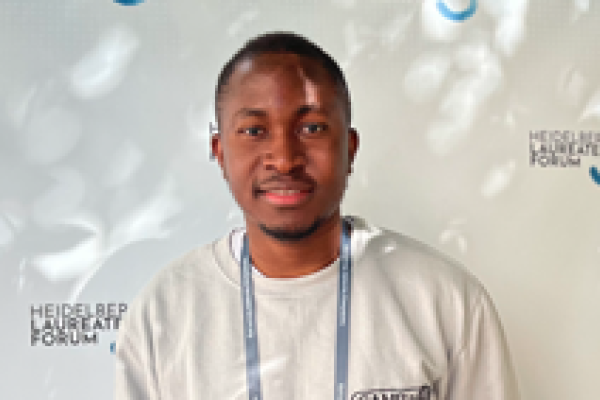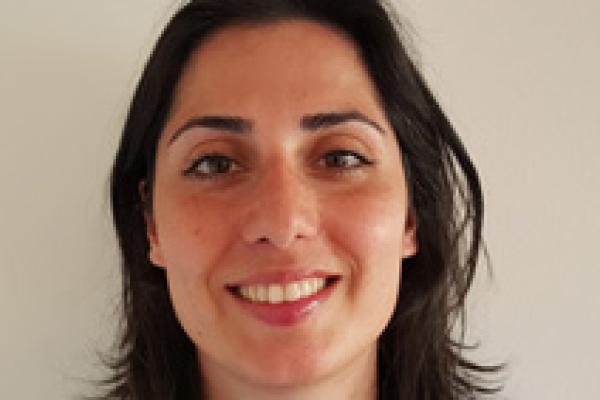Podcast


Can we build a low carbon energy network?
In this episode of our podcast we discuss the challenges involved in moving away from fossil fuels.







The Arctic ice cap is melting fast and the consequences are grim. Mathematical modelling is key to predicting how much longer the ice will be around and assessing the impact of an ice free Arctic on the rest of the planet. Plus spoke to Peter Wadhams from the Polar Ocean Physics Group at the University of Cambridge to get a glimpse of the group's work.